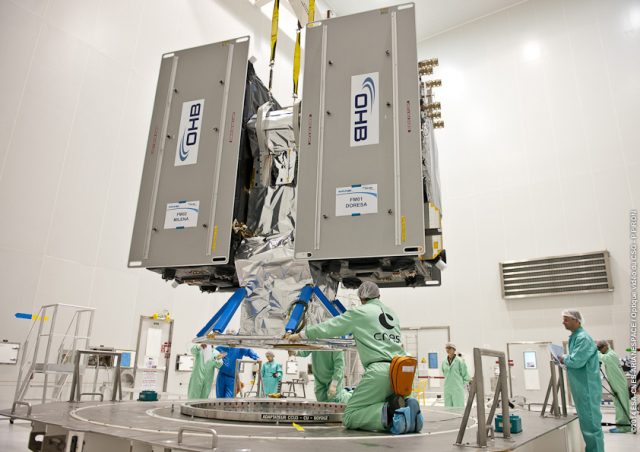Two satellites for EU’s $13 billion GPS-equivalent enter wrong orbits
Ars Technica » Scientific Method 2014-08-25

Two fully operational satellites, which were intended to become a part of Europe's Galileo global positioning system, were launched into incorrect orbits this weekend. The Galileo project was conceived as a way for Europe to cut its dependence on the US' GPS and Russia's GLONASS.
Officials from Arianespace, the company charged with launching the satellites, initially thought everything was done correctly. But according to the Wall Street Journal, two hours after launch it became clear that the two new additions to the Galileo network were in an elliptical, rather than a circular, orbit.
Galileo has been many years in the making, and it will cost the European Commission more than €10 billion ($13.3 billion).
Read 5 remaining paragraphs | Comments